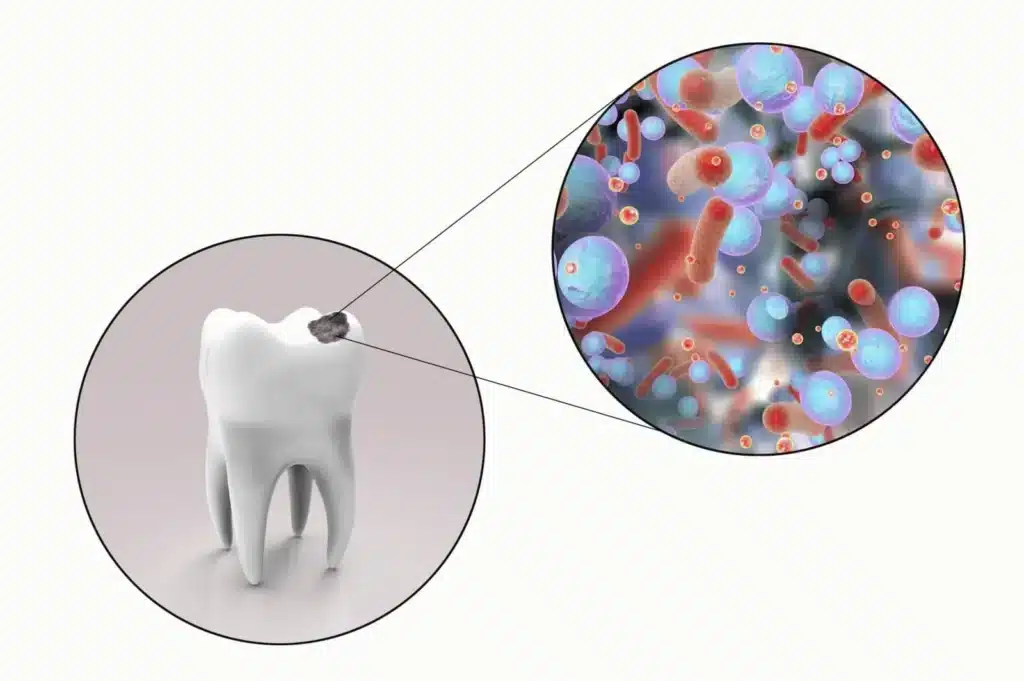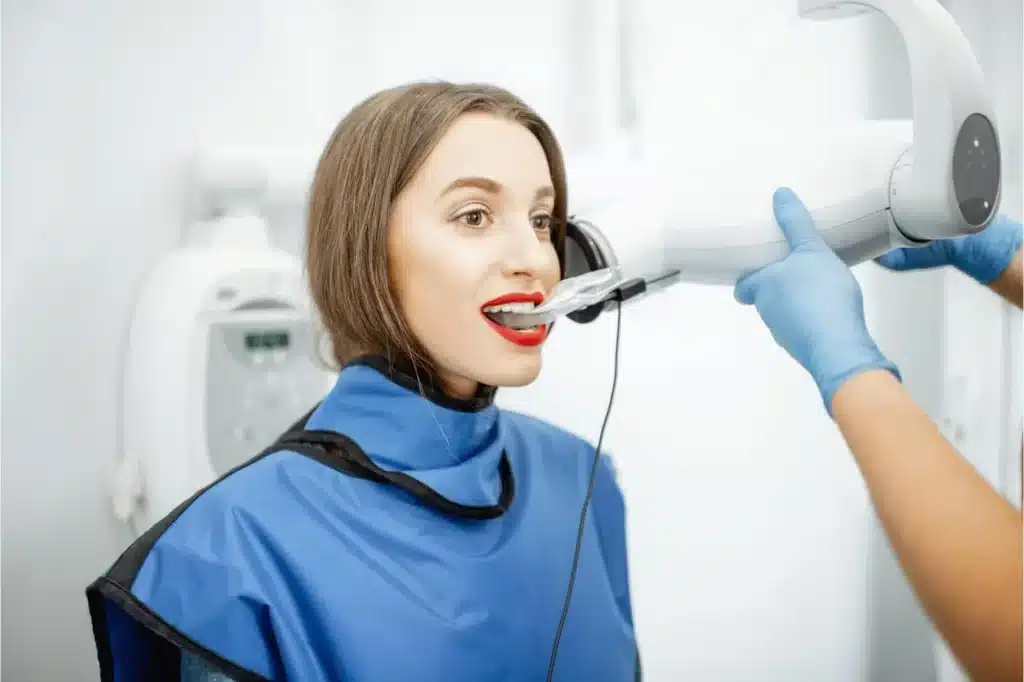The importance of dental X-rays in dentistry is rising day by day. Dental X-rays help recognize many oral issues. Read more to know.
Purpose
The purpose of dental X-rays is to diagnose dental infections. These X-rays help dentists identify signs of infections before they become apparent, allowing for early treatment.
By providing detailed images of areas not visible to the naked eye, such as soft tissues, X-rays help dentists detect issues like gum disease and tooth decay at an early stage.
The importance of dental X-rays can’t be denied. Using X-rays, dentists can uncover problems that might be missed during visual examinations alone.
Types
There are four main types of dental X-rays, each offering a different perspective of the oral cavity:
Bitewing X-rays: These focus on the crowns and spaces between teeth, aiding in the detection of cavities and assessing the extent of decay.
Periapical X-rays: Providing a comprehensive view from the crown to the root, these X-rays help dentists examine specific teeth in detail, especially when addressing isolated issues.
Occlusal X-rays: Offering a view of an entire section of teeth in either the upper or lower jaw, these X-rays are valuable for studying bone structure, identifying impacted or emerging teeth, and assessing the health of the mouth’s floor and roof.
Panoramic X-rays: Taken from outside the mouth, these X-rays offer a complete overview of the oral cavity, including teeth, upper and lower jaw, and sinuses. They are beneficial in identifying jaw disorders, bone irregularities, impacted and wisdom teeth, and detecting cysts, abscesses, and tumors.
Importance
Dental X-rays are crucial in helping your dentist identify and address oral issues before they become serious. The importance of dental x-rays in dentistry is valuable. It provides a view of your mouth, covering all 32 teeth, roots, gums, soft tissues, and supporting bones.
By revealing details not visible to the naked eye, X-rays help detect abnormalities, structural irregularities, and areas of decay.
Dentists use X-rays to pinpoint:
- Cavities and tooth decay
- Gum disease
- Cysts
- Abscesses
- Tumors
- Bone loss
- Missing teeth
- Impacted teeth
- Wisdom teeth
- Jaw and bite disorders
- Teeth alignment issues
- Salivary gland or palate abnormalities

With this information, dentists can catch oral problems early, allowing prompt treatment. Early detection and intervention to prevent issues highlight the importance of dental X-rays.
Who Can Get Dental X-rays?
Everyone visiting a dentist, especially for the first time, should undergo an x-ray. The importance of dental X-rays can help provide a complete understanding of dental health. The dentist may request your previous x-rays for comparison, particularly if you have a cavities or gum disease history.
It’s essential to consider various factors that influence the frequency of X-ray checks, such as:
- Your overall health and oral health
- Age
- Symptoms of oral disease
- History of cavities and gum disease

Children, in particular, are more susceptible to cavities, making them more likely to undergo frequent checks to reduce the risk of cavity development. Early detection and protection from severe complications explain the importance of dental X-rays.
Risks
Dental X-rays carry a minimal risk as the level of radiation exposure is considered safe for both adults and children. Research indicates that dental radiographs account for only 2.5 percent of the radiation used in other medical fields, according to the American Dental Association (ADA). Additionally, the exposure during dental X-rays is lower than when X-rays are used with film development.
Dentists undergo training to handle X-rays, ensuring your vital organs are always shielded from unnecessary exposure. Thus, concerns about radiation exposure from dental X-rays are generally unfounded.
However, it’s essential to avoid dental X-rays if you are pregnant, as radiation poses potential risks to a developing fetus. Inform your dentist about your pregnancy during the exam to prevent the performance of X-rays in such cases.
Conclusion
The blog guides you on the importance of dental x-rays. Many oral diseases can be detected by oral X-rays and lead to timely treatment. Consult your dentist about dental x-rays and discuss the risks and benefits in detail.


